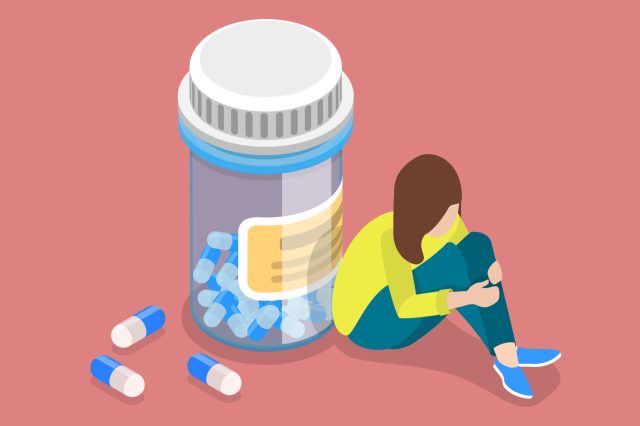Course Summary
Practice Level: Intermediate
Early Intervention, Treatment, and Management of Substance Use Disorders describes the goals, settings, and stages of treatment, and reviews the effectiveness of the major components of early intervention and treatment approaches, including behavioral therapies, medications, and social services.
Course Format
This course contains downloadable online lessons (PDF) and a practice test. When you’re ready, purchase the course by clicking the “Add To Cart” or “Enroll” button. This will let you take the test, complete the course evaluation and receive your certificate for CE credits.
Learning Objectives
- Discuss the importance of early intervention for SUDs
- Describe the Continuum of Treatment Services for SUDs
- Explain emerging treatment technologies
- Discuss SUD treatment considerations for specific populations
Course Syllabus
- Continuum of Treatment Services
- Early Intervention – Identifying and Engaging Individuals At Risk for Substance Misuse and Substance Use Disorders
- Treatment Engagement – Reaching and Reducing Harm Among Those Who Need Treatment
- Principles of Effective Treatment and Treatment Planning
- Evidence-based Treatment
- Components of Care
- Emerging Treatment Technologies
- Considerations for Specific Populations
- Recommendations for Research
Authors
SAMHSA
The Substance Abuse and Mental Health Services Administration (SAMHSA) is an agency within the U.S. Department of Health and Human Services. SAMHSA leads public health efforts that advance the behavioral health of the nation. On samhsa.gov SAMHSA states that its mission is to reduce the impact of substance abuse and mental illness on communities in America.
Accreditation Approval Statements
CE4Less.com is approved by the American Psychological Association to sponsor continuing education for psychologists. CE4Less.com maintains responsibility for this program and its content.
CE4Less.com has been approved by NBCC as an Approved Continuing Education Provider, ACEP No. 6991. Programs that do not qualify for NBCC credit are clearly identified. CE4Less.com is solely responsible for all aspects of the programs.
Courses have been approved by CE4Less.com, as a NAADAC Approved Education Provider, for educational credits. NAADAC Provider #91345 CE4Less.com is responsible for all aspects of the programming.
We are committed to providing our learners with unbiased information. CE4Less never accepts commercial support and our authors have no significant financial or other conflicts of interest pertaining to the material.


